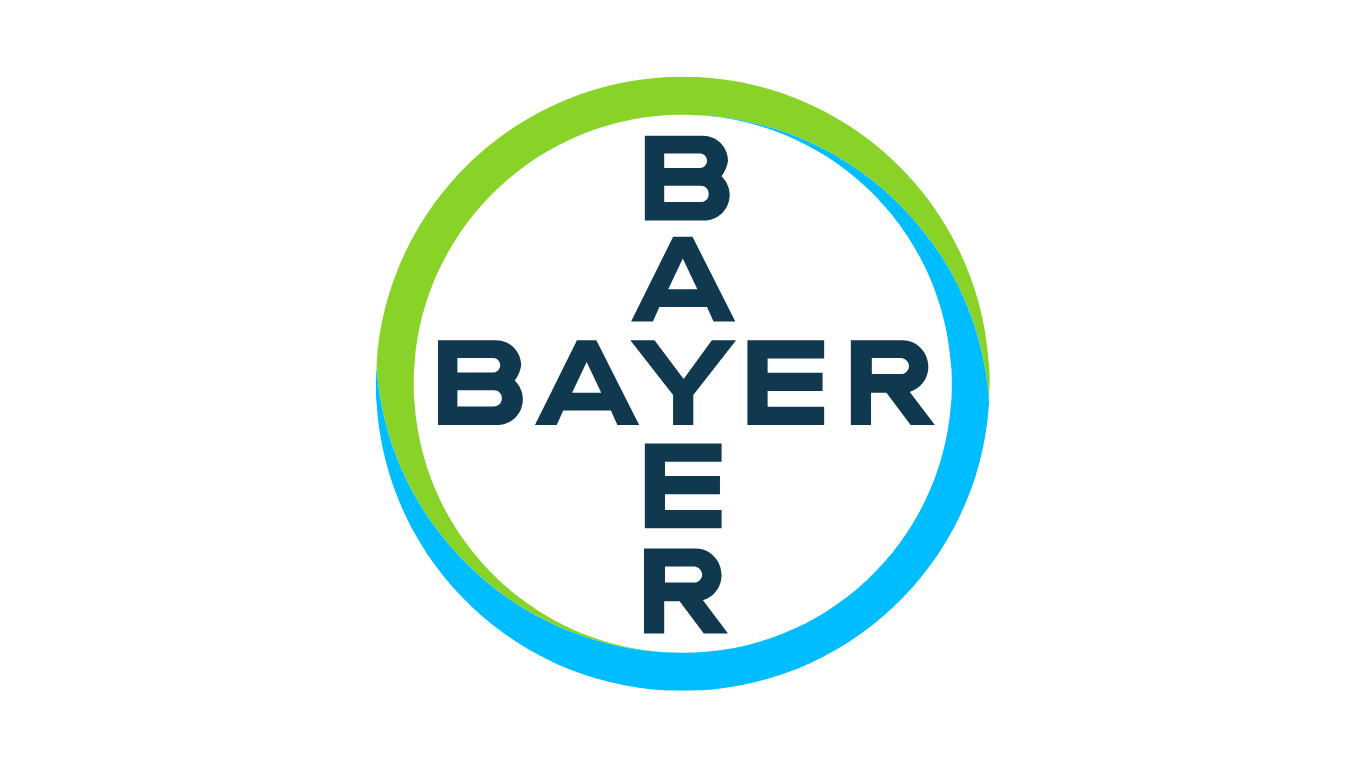Key Takeaways
- Bayer launched Baya Solara, its first commercial strawberry variety under the De Ruiter brand.
- The variety follows Bayer’s acquisition of strawberry breeding assets from NIAB in 2023.
- Baya Solara is designed for protected cropping systems in Northern Europe.
- The variety offers disease resistance, uniform fruit size, and improved post-harvest quality.
Bayer Expands Strawberry Portfolio With Baya Solara Launch
Bayer announced the commercial launch of Baya Solara, the first strawberry variety introduced under its De Ruiter brand. The launch represents a step in the company’s expansion into the strawberry market following its acquisition of strawberry breeding assets from UK-based NIAB in 2023.
According to the company, the introduction of Baya Solara is intended to support protected culture growers as demand for strawberries continues to grow year-round, particularly in Northern Europe.
Bayer Targets Protected Cropping Systems In Northern Europe
Baya Solara is a June-bearing strawberry variety developed for early- to mid-season production. The variety is positioned for use in protected cropping environments and is characterized by large, uniform fruits and reduced post-harvest darkening.
“Our new variety Baya Solara is an exciting June-bearing cultivar and delivers impressive productivity and strong resistance to diseases like Phytophthora cactorum without compromising fruit quality,” said Swanny Chouteau, Portfolio Lead for the Europe, Middle East and Africa region at Bayer’s Crop Science division. She added that the launch is aimed at supporting Northern Europe’s growing protected cropping sector.
The company stated that genetic resistance to Phytophthora cactorum, a disease associated with crown rot in strawberries, is intended to support more reliable production and long-term crop viability.
Product Characteristics And Market Positioning
Baya Solara is described as offering a balanced sugar-acid profile and consistent fruit quality aligned with retail and consumer preferences. The variety is also designed to support shelf life performance, with the aim of reducing waste across the supply chain.
“Baya Solara is a strawberry that offers many benefits,” said VK Kishore, Head of Global Product Innovation for Vegetables at Bayer’s Crop Science division. “For growers, it means a more productive and reliable harvest. For retailers, it delivers consistent, large, firm fruits with excellent shelf life.”
The variety will be available to growers in the United Kingdom, Germany, and the Benelux region.
Integration Within Bayer’s Vegetable Seeds Portfolio
Baya Solara is the first June-bearing strawberry variety to be commercially launched since the NIAB acquisition and complements Bayer’s existing strawberry portfolio, which includes Malling™ Ace and Malling™ Centenary. These varieties are positioned across different production systems and market needs.
The launch forms part of Bayer’s broader Vegetable Seeds business, which includes breeding programs across more than 20 crops, supplying seed varieties to growers globally across both open-field and protected cultivation systems.



27 Comments